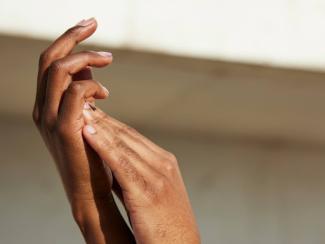
From November 24, 2022, to November 23, 2023, New York’s Adult Survivors Act sparked dialogue and media attention as victims named celebrities and politicians in sexual assault lawsuits, especially as the act’s deadline approached.
But another group was excluded.
Over 3,000 lawsuits were filed in the law’s one-year window. Of these, 694 concerned abuses committed at Rikers Island. Because the law applied to all of New York State, the fact that 23% of these lawsuits traced back to one jail complex is appalling. But not surprising.
The Department of Corrections responded to the numbers by emphasizing the abuses that happened years ago. But that excuse is futile.
Rikers, whose closing has been delayed to 2027, holds both a centuries-old history of anti-Black violence and a more recent and equally, notorious history of human rights abuses. The institution simply cannot distance itself from the violence it continues to manufacture today.
That manufactured violence must be included, if not centered, in conversations about rape culture, justice, and misogynoir.
As we discuss ways to keep victims safe, prevent assault, and imprison abusers, what can we do for incarcerated survivors?
Prisons may remove rapists from their communities, but the power dynamics that prisons create leave incarcerated people, especially Black women, vulnerable to abuse. We don’t just have a rape culture problem. We have a prison culture problem.
And we deserve a future with neither.